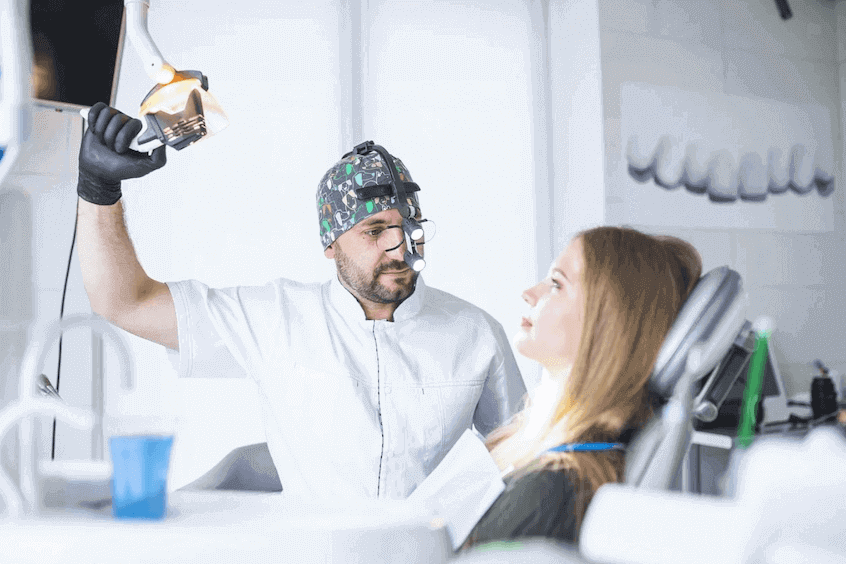Biohacking is quietly but significantly making its mark in the world of healthcare, ushering in a new wave of innovation.
Biohacking, the practice of using technology to optimize and augment the human body, is reshaping the way we perceive and manage our health. This article delves into the world of biohacking, exploring the transformative potential of wearable devices, implantable technologies, and digital health solutions, all of which empower individuals to take control of their well-being in unprecedented ways.
Wearable Devices: Your Health at Your Fingertips
Wearable devices have become ubiquitous, adorning wrists and clothing, silently tracking vital health data. From smartwatches capable of monitoring heart rates and sleep patterns to fitness bands that count steps and calories burned, these gadgets offer real-time insights into our health.
Advanced wearables even provide actionable advice, guiding users toward healthier habits. For instance, wearable devices equipped with biosensors can detect irregular heartbeats and alert users and healthcare providers, potentially preventing life-threatening conditions.
Implantable Technologies: The Future Beneath the Skin
Going a step further, implantable technologies are revolutionizing healthcare by embedding smart devices within the human body.
These implants, ranging from microchips to more complex devices, can monitor, diagnose, and treat various medical conditions from inside.
For example, implantable glucose monitors help diabetics manage their blood sugar levels more effectively. Neural implants, on the other hand, hold promise in restoring mobility and sensation for individuals with spinal cord injuries.
These tiny, sophisticated devices represent a leap toward a future where chronic conditions can be managed seamlessly and discreetly.
Digital Health Solutions: Personalized Medicine in Your Pocket
In the digital age, healthcare is increasingly becoming personalized, thanks to innovative digital health solutions.
Mobile apps and platforms empower users to track their health metrics, access medical records, and connect with healthcare professionals remotely. Moreover, artificial intelligence (AI) algorithms analyze this data, offering personalized insights and recommendations.
For instance, AI-driven virtual health assistants can provide personalized diet plans, medication reminders, and mental health support, enhancing overall well-being. Additionally, telemedicine platforms enable consultations with healthcare providers from the comfort of one’s home, ensuring timely and convenient access to medical expertise.
Empowering Individuals: Taking Charge of Well-being
What sets biohacking apart is its emphasis on individual agency. Biohacking technologies empower individuals to actively participate in their health and well-being journey.
By harnessing the power of data and technology, people can make informed decisions, detect potential health issues early, and monitor progress. This proactive approach not only improves overall health outcomes but also fosters a sense of responsibility and engagement in one's own health.
Challenges and Ethical Considerations
While biohacking offers transformative potential, it is not without challenges. Privacy and data security concerns arise with the collection and storage of sensitive health data. Ethical questions also surround the use of implantable technologies, especially concerning consent, safety, and potential misuse.
As this field continues to advance, it is crucial for regulatory frameworks and ethical guidelines to evolve in tandem, ensuring the responsible development and deployment of biohacking technologies.
In conclusion, biohacking represents a paradigm shift in healthcare, empowering individuals to optimize their health and well-being through technology. From wearable devices providing real-time insights to implantable technologies offering seamless monitoring and treatment, and digital health solutions enabling personalized healthcare experiences, the possibilities are vast.
As we navigate this exciting frontier, it is essential to strike a balance between innovation and ethical considerations, ensuring a future where technology enhances human health, inclusivity, and agency.








